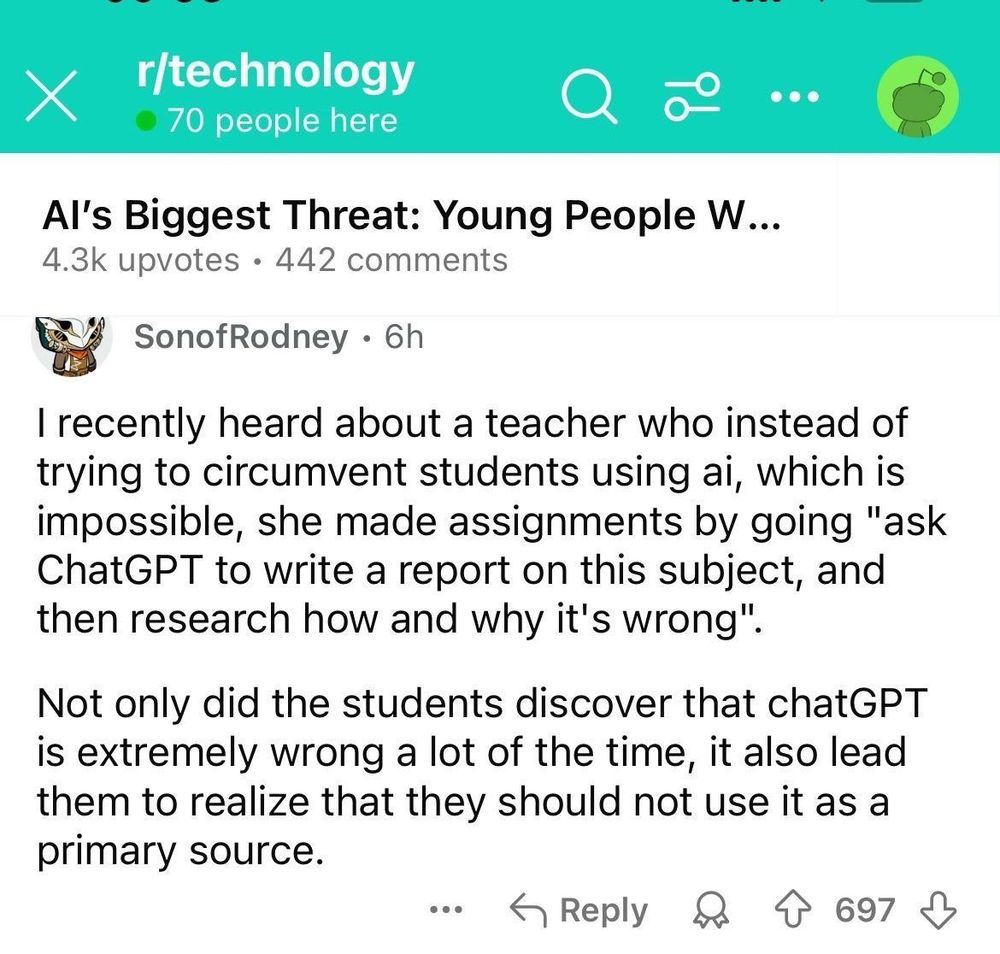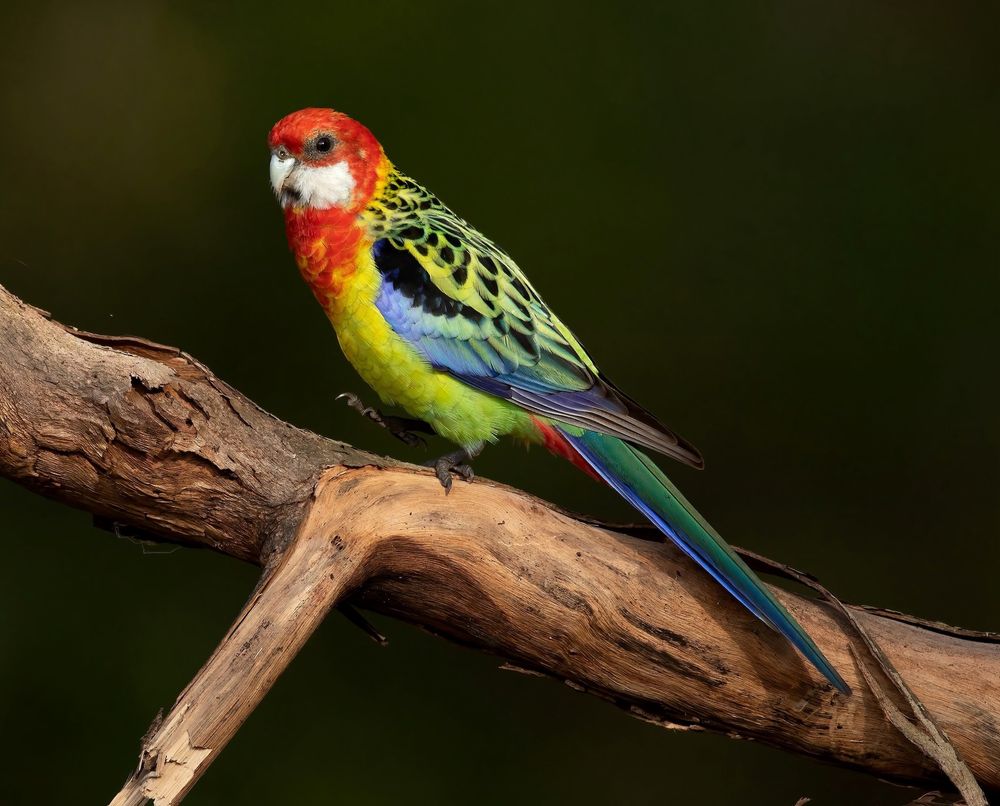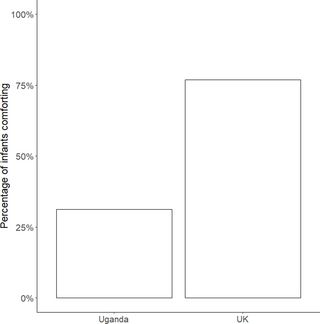
Next Friday 24th October at 1pm, I will be giving my Inugural Lecture!
All are extremely welcome. If you would like to attend online (or in person), please can you complete this form? Then I can send you a meeting link and/or if you'd like the recording
forms.gle/UZmAMt5VXNZN...
13.10.2025 10:06 — 👍 12 🔁 6 💬 1 📌 0
so glad you enjoyed it! I really enjoyed the conference!
29.09.2025 11:55 — 👍 0 🔁 0 💬 0 📌 0

@zannaclay.bsky.social delivering the first Frans de Waal lecture at #CBEN in Antwerp. Terrific talk on the evolution of empathy and a fantastic homage to Frans de Waal's work and legacy. #evosky #philsky #animalbehaviour 🧪
18.09.2025 15:10 — 👍 10 🔁 2 💬 1 📌 0
Infant response speeds seem to reflect broader cultural preferences about emotion expressiveness in Uganda and UK
Our results highlight the importance of sociocultural contexts for shaping maternal caregiving and how these relate to infant emotional development. 5/6
10.09.2025 10:31 — 👍 1 🔁 1 💬 1 📌 0
We think this reflect the effectiveness of their response strategy. Ugandan mothers used more breastfeeding and tactile comfort at both 3m and 6m, while UK mothers switched to more verbal and engagement strategies as their infants grew. 4/6
10.09.2025 10:31 — 👍 1 🔁 1 💬 1 📌 0
Across both sites, faster maternal responsiveness was associated with faster infant recovery from distress, suggesting that prompt maternal intervention facilitates regulation.
Although UK mothers were quicker to respond, Ugandan infants actually recovered faster 3/6
10.09.2025 10:31 — 👍 1 🔁 1 💬 1 📌 0
How mothers respond to infants’ emotional cues is key in shaping socio-emotional development However, research outside Western contexts is limited.
We compared how mothers responded to naturally-occurring infant distress in rural Uganda and suburban UK at 3m and 6m. 2/6
10.09.2025 10:31 — 👍 1 🔁 1 💬 1 📌 0

Woo new paper! Cross-cultural investigation into maternal responses to infant distress
How babies are soothed may be more important than how quickly, which vary cross-culturally
w/Carlo Vreden & team in #DevelopmentalPsychology!
Open-access link + thread 👇
psycnet.apa.org/fulltext/202...
10.09.2025 10:31 — 👍 7 🔁 3 💬 1 📌 0
Infant response speeds seem to reflect broader cultural preferences about emotion expressiveness in Uganda and UK
These results highlight the importance of sociocultural contexts for shaping maternal caregiving practices and how these relate to infant emotional development. 5/6
10.09.2025 10:21 — 👍 0 🔁 0 💬 1 📌 0
We think this reflect the effectiveness of their response strategy. Ugandan mothers used more breastfeeding and tactile comfort at both 3m and 6m, while UK mothers switched to more verbal and engagement strategies as their infants grew. 4/6
10.09.2025 10:21 — 👍 0 🔁 0 💬 1 📌 0
Across both sites, faster maternal responsiveness was associated with faster infant recovery from distress, suggesting that prompt maternal intervention facilitates emotional regulation.
Although UK mothers were quicker to respond to their infants, Ugandan infants actually recovered faster 3/6
10.09.2025 10:21 — 👍 0 🔁 0 💬 1 📌 0
How mothers respond to infants’ emotional cues is key in shaping socio-emotional development
However, research outside Western contexts is limited.
We compared how mothers responded to naturally-occurring infant distress in rural Uganda and suburban UK at 3m and 6m. 2/6
10.09.2025 10:21 — 👍 0 🔁 0 💬 1 📌 0
Assistant Professor (Research %26 Education)
Click the link provided to see the complete job description.
Durham Psychology is hiring!
The department is seeking to appoint an Assistant Professor in forensic psychology, woo! Come join us, we're a friendly and vibrant dept and Durham is beautiful!
Please see info here and reach out with any Qs.
durham.taleo.net/careersectio...
19.08.2025 16:16 — 👍 3 🔁 2 💬 0 📌 1

Reddit post on r/technology about young people and AI: "I recently heard about a teacher who instead of trying to circumvent students using AI, which is impossible, she made assignments by going "ask ChatGPT to write a report on this subject, and then research how and why it's wrong".
Not only did the students discover that ChatGPT is extremely wrong a lot of the time, it also lead them to realise that they should not use it as a primary source".
This is one of the best ideas I've heard in ages.
30.07.2025 06:45 — 👍 5748 🔁 2072 💬 61 📌 138

A study by @zannaclay.bsky.social, Carlo Vreden suggests that babies possess a powerful capacity for empathy long before they can walk or talk.As babies grow and develop, this sensitivity can develop into a deeper understanding of others' emotions and the motivation to care for them.
1/2
@psyche.co
25.07.2025 11:06 — 👍 8 🔁 2 💬 1 📌 0

Changes in facial skin temperature are measured using thermal imaging, which can help scientists better understand underlying emotional states.
Research paper is published in the @psyche.co
Image provided by developmental psychologists @zannaclay.bsky.social and Carlo Vreden.
2/2
25.07.2025 11:06 — 👍 2 🔁 1 💬 0 📌 0
aw, that is a pity- and thanks very much for explaining- that's great that the effort had been made in the planning though!
25.07.2025 11:04 — 👍 2 🔁 0 💬 0 📌 0
This looks brilliant topic wise-
Though it's a pity that only 2 of the 10 speakers are women. There are so many great women scientists who could have provided excellent contributions for a more balanced programme - @asab.org
24.07.2025 12:08 — 👍 8 🔁 5 💬 2 📌 0
WeTransfer just changed their TOS giving themselves permission to train AI on any content you transfer and produce derivative works based on content you transfer that they are allowed to monetize and you are not allowed payment for.
Stop using WeTransfer.
14.07.2025 23:05 — 👍 7621 🔁 5303 💬 131 📌 468

Reevaluating the relationship between female sociality and infant survival in wild baboons | PNAS
Over the past few decades, studies have provided strong evidence that the robust links
between the social environment, health, and survival found i...
Social determinants of health: A reanalysis shows that the link between maternal sociality and infant survival in Amboseli baboons is actually driven by state-dependent changes in maternal social behaviour
I missed this when it came out, so sharing in case you did too
www.pnas.org/doi/abs/10.1...
11.06.2025 15:35 — 👍 4 🔁 0 💬 0 📌 0


Birds as pride flags, meticulously researched by my wonderful student Griffin ❤️🧡💛💚💙💜
Rainbow flag: Eastern Rosella
📷 David Irving, eBird
01.06.2025 23:16 — 👍 430 🔁 146 💬 7 📌 10

Some fancy chocs arrived to thank me for my review for the Branco Weiss Fellowship, very thoughtful
The Swiss do things better 😊
02.06.2025 09:38 — 👍 6 🔁 0 💬 0 📌 0

Over a dozen 9 year old & younger kids around a sandbox with a large papier-mâché volcano in center.

A Geo-Paleo-BINGO card with boxes for
Fossil Dinosaur Bone
Gypsum Rosettes
Apatite
Rose Quartz
Pyrite
Brachiopod Fossil
Jasper/Agate Arrowhead (yes one archaeology find, & I did explain differences btwn geology, paleontology, & archaeology to kids)
Ammonite Fossil
Pumice

Dig Into Rocks & Fossils pocket booklets for kids to ID their finds (they got to keep the booklets & finds)
Remembering the time I threw a geology-paleontology themed Bday party for the kids. Filled a kiddie pool with sand, real fossils & rocks, then had the kids dig & ID their finds for Geo-Paleo Bingo. Ended by exploding a giant Coke & Mentos volcano at the dig site. 😅 #AcademicParents
30.05.2025 10:17 — 👍 117 🔁 14 💬 3 📌 0
wow, these are awesome! were they popular with the kids?
30.05.2025 17:10 — 👍 1 🔁 0 💬 1 📌 0

Help raise £600 to support the recovery journey of Charity, an amputee in Uganda – JustGiving Crowdfunding
Iʼm raising money to support the recovery journey of Charity, an amputee in Uganda. Support this JustGiving Crowdfunding Page.
Last year, Charity, one of my research assistants in Uganda, faced the terrible life challenge of having her leg amputated.
We've been supporting her, but she is now at critical point in her rehabilitation and needs more support. Anything you can give will help
www.justgiving.com/crowdfunding...
14.05.2025 09:45 — 👍 2 🔁 0 💬 0 📌 0
This was a collab between teams in @durhampsych.bsky.social @durhamdcerc.bsky.social and @yorkpsychology.bsky.social and Uganda who joined forces as a result of the COVID Pandemic. It marked the start of an fruitful collaboration that continues today!
Thanks to all coauthors in Uganda and UK!
07.05.2025 11:57 — 👍 2 🔁 0 💬 0 📌 0
Feed of the 2026 European Human Behaviour and Evolution Association Conference - Leiden. April 15-17, 2026.
Stay tuned for updates!
Biological anthropologist | Behavioral endocrinologist | Primate & coyote social lives, oxytocin 🐒🐺🧪
Postdoc @ Utah State | PhD in Biological Anthropology @ Emory
Fieldwork in Costa Rica, DRC, Bolivia 🥾🌲
psychologie, psychologie du travail, féminisme, justice sociale, émancipation et dialogue
PhD student in Cognition at the Hebrew University of Jerusalem: https://www.arnonlanguagelab.com/. Interested in language evolution, cultural transmission, language learning/acquisition. MSc in Evolution of Language and Cognition, Edinburgh University.
Studies social cognition in children and grown-ups. Teaches in the psychology and cognitive science programs at Yale.
Lab: socialcogdev.com
Bluesky account for Culture Conference 2026.
Hosted by Utrecht University in Utrecht, The Netherlands, on February 25th, 26th & 27th 2026.
https://culture-conference.com
Check here for updates on the EFP 2026 conference, to be held in Montpellier, France, 29th June- 3rd July 2026.
Philosopher (naturalized epistemology, entity realist), computing, pilot, former business guy, cyclist and motorcyclist - it tails off after that
A nonprofit dedicated to advancing scientific psychology across disciplinary and geographic borders.
psychologicalscience.org
Jobs: jobs.psychologicalscience.org
Membership: psychologicalscience.org/members
#APSGlobal; #APS26BCN
Evolution; animal behaviour; animal culture; human cognitive evolution; niche construction; anti-racism
#evolution #evodevo #philbio #philsci #animalculture #animalbehavior
Work: improving prison outcomes Play: collective vocal improv and inflicting tunage on consenting shapeshifters Rest: swim, padel and Referdle.com
evolutionary anthropologist, overly committed to adaptationist logic
https://sites.google.com/site/cristinasolermoya/ Can we agree to fight against this corporate oligarchy? https://indivisible.org/groups
The official account for the Cultural Evolution Society. Our mission is to promote the study of cultural evolution in research and practice.
www.culturalevolutionsociety.org
Director, Centre for the Sciences of Place & Memory, Stirling Uni, Scotland. Skill, memory, embodied cognition, philosophy, cognitive history, cricket, music, collaboration, wayfinding. Leverhulme International Prof: johnsutton.net & placememory.net
Philosopher of Biology interested in Human Evolution 💀🧬🏺• FWO Senior Postdoctoral Fellow at KU Leuven • PhD from DiBio 🧪, University of Padova • Science Writer and Communicator (Collab MicroMega, Le Scienze, Pikaia)
Cognitive neuroscientist with many interests, including why our stomachs churn when we feel disgust. I also write books on programming; teach Python, statistics, and machine learning; and develop open-source software.
https://www.dalmaijer.org
Research Group Leader at the Institute of Neurobiology, University of Tübingen. Neuroscientist. Studies crows and modern dinosaur brains 🦖 --> 🐦⬛.
Group website: felixmoll.com
Assistant Professor at Utrecht University, interested in the development and the evolution of reasoning
Senior Research Fellow, Cambridge University | Honorary Senior Research Fellow, Exeter University | Comparative Psychology | Cognition & Conservation | @themanybirds.bsky.social Co-Founder | 🪶🐦👶🐵🧠 | Website: www.drrachaelmiller.com
Assistant Professor she/her. I study how people think about social relationships. Usually with babies and kids.
ashleyjthomas.com















